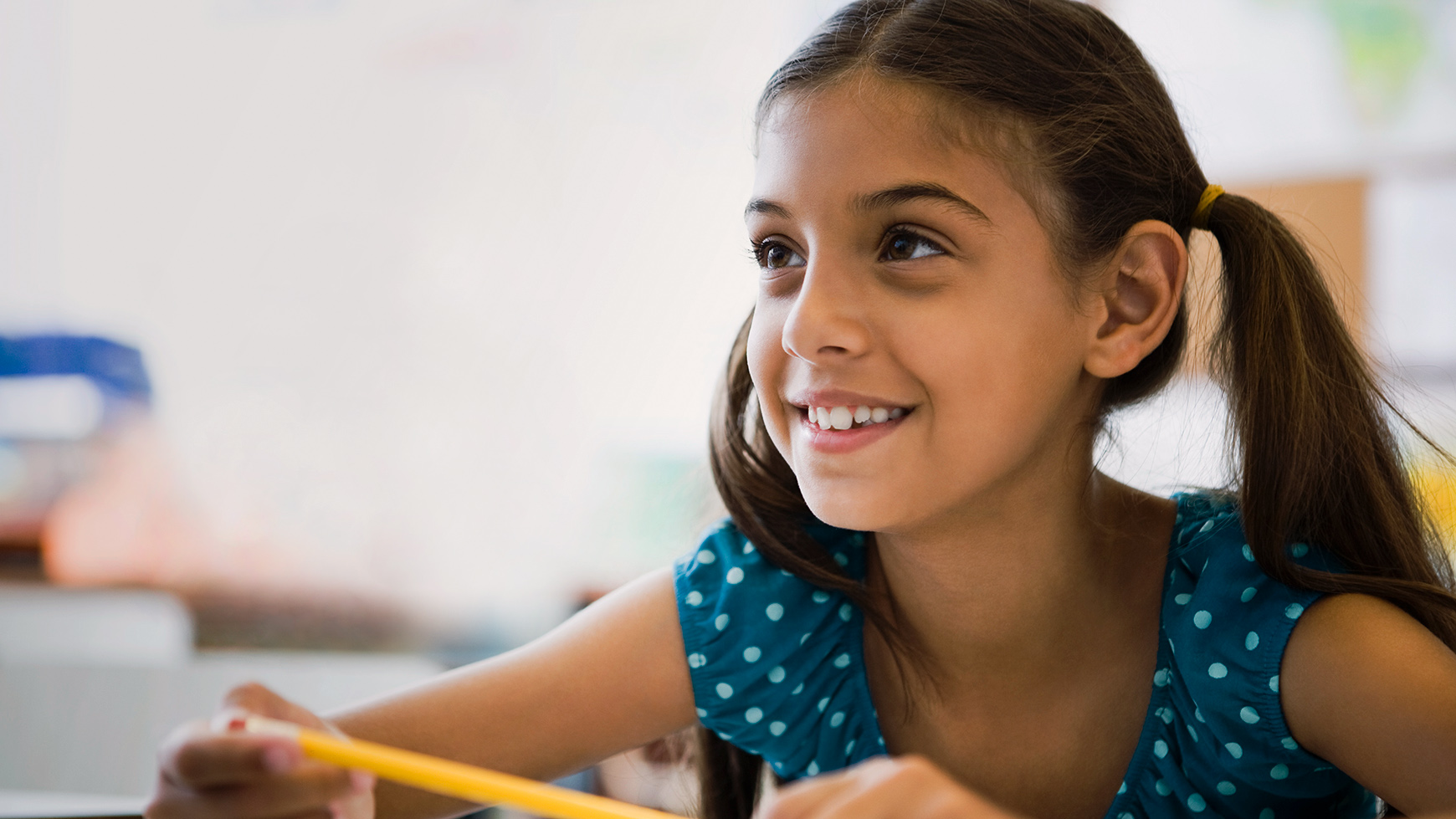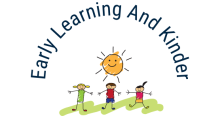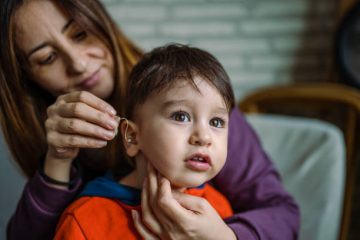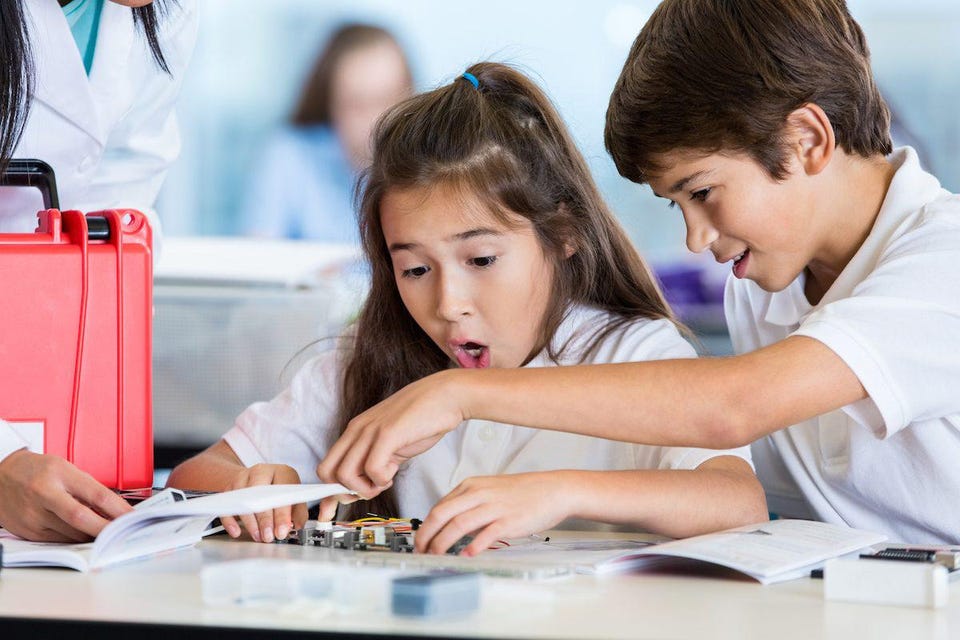Developing Confidence In Your Child Prior To School

As parents, we invest thousands of dollars in our children. We give them the best education we can afford. We spoil them with gifts and treats. We often give in to their demands for the latest gadgets, fashion or sporting gear. But what about making an investment where it matters most? Building up their self-confidence.
A healthy self-confidence doesn’t happen by accident. Yes, there are children who are naturally more outgoing than others, but a child’s view of themselves is largely shaped by their interactions and experiences with the people around them. And parents and significant adults in the child’s life can play a vital role in developing their self-esteem and building up a healthy sense of self.
You don’t build self-confidence in a child by heaping praise on them. Positive reinforcement is good, and children need to know that they are loved and valued and special, but a strong self-esteem comes from actually accomplishing things and knowing their capabilities.
Praise and encouragement aren’t the same.
Praise is good but overdoing it can lead to an inflated sense of self and behaviours that are aimed merely to get approval whilst positive encouragement and constructive feedback has a much longer-term, more meaningful and healthier effect.
Developing confidence starts from a very early stage and there are lots of things that parents and caregivers can do to develop a child’s confidence prior to school.
Establish routines with your baby or toddler
The structure and predictability of a daily routine, such as having an established supper/bath/teeth brushing/bed-time story/lights out process will help give your child a sense of security and control.
Boundaries
Clear explanations of boundaries and expectations and a consistent response when a child either oversteps those boundaries or meets them will help enormously, particularly when your child interacts with others or experiences new situations.
Develop their self-help skills
Giving your child responsibilities will help develop their self-confidence. Involve your child in your daily chores such as feeding the family pet, helping lay the table for meals, tidying up toys, making a bed, dusting or helping with the grocery shopping. When a child accomplishes a task, they’ll feel more confident. They’ll feel proud of their problem-solving skills and feel more competent, successful and useful.
Provide honest feedback
Being honest with your child, giving them constructive feedback and helping them to set realistic standards are all imperative for their self-esteem. Children don’t need to be told that they are the best at everything as an inaccurate or inflated belief in themselves is counter-productive. Whether they believe they are the best footballer or the worst at building blocks, it’s up to the adults to correct inaccurate beliefs and help them set more accurate expectations and beliefs. If children understand cause and effect, action and consequence, they will become more resilient, more realistic and able to persevere when they fail.
Use ‘I’ words
Using the ‘I’ word is so powerful. ‘I like the way you tried hard today’. ‘I wasn’t happy when you didn’t share your toys’. ‘I saw that you enjoyed playing on the jungle gym today, let’s see if you can climb higher tomorrow’. Focus on the effort rather than the outcome and always try and bring humour, warmth and affection into the situation.
Lead by example
Being a positive role model is one of the most crucial things that you can do to develop your own child’s self-confidence.
Make time for play
Starting school can be a big deal for a child. Making time for play and spending quality time with your child with your child is one of the best investments you can make in developing their self-esteem and helping them get ready for the big move. Aim for activities that encourage co-operation rather than competition, where the focus is on the effort and the process, not the outcome.
The choice of early learning centre for your child is another huge factor in a child’s development. Schools like those in the Early Learning & Kinder group which has centres all across Australia, focus on developing children’s self-confidence as well as their social skills through their globally acclaimed child-directed curriculum.













